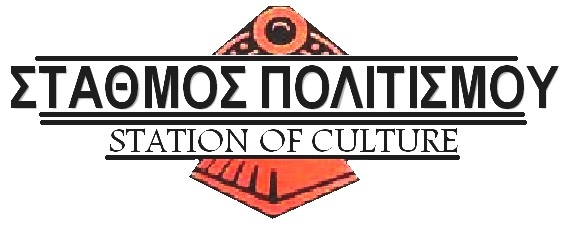In order to build a sustainable future we need to face and overcome key challenges that require innovative and collaborative thinking from all sectors of society. For this reason, the courage of innovating – Be Bold – it is the main theme of the 24th BSR Conference, one of the world’s most important events on sustainability. An audience of about 1,000 representatives of companies, public sector and civil society attended the 2016 Edition, presently held in New York, to discuss emerging trends and innovative solutions and share experiences and practices.
The energy sector is undergoing a revolution. Technological progress has radically changed not only the way we produce, but also consumption habits and customer needs. Renewable energy, distributed generation, efficiency and network digitalization are the watchwords of the new energy paradigm. Companies are therefore called upon to respond to change by transforming the critical issues that are challenging the traditional business models into development opportunities.
Today, November 3, Enel’s Head of Sustainability Andrea Valcalda will speak at the BSR Conference 2016, sitting on the panel Climate finance: moving trillions of dollars to build a thriving, clean economy. We asked him to preview a few of the points our group will bring to the discussion in order to promote truly sustainable development.
“Utility companies should not sit by and wait for the situation to develop without taking action, in the hopes that good times will come back. They must innovate by overcoming with the prejudices that shackle us to the past and have the courage to recognise and embrace the new situation with an open approach,” said Valcalda.
At the COP 21 climate conference held in Paris last year a historic agreement was reached to accelerate the transition to a low CO2 economy. The process cannot be left to governments, but must necessarily involve the private sector. Enel, which took part in the Paris talks, expressed its intention to become carbon neutral by 2050. “With this goal in mind we have shifted the focus of the company’s strategy on renewable energy and network digitisation,” explained Valcalda. “We have also initiated a process aimed at gradually reducing our reliance on conventional plants, starting with those that have become unproductive. Futur-e, a program that provides for the disposal and reuse of 23 thermal power plants with a total installed capacity of 13 GW, is a significant example of circular economy: the communities that host these sites will take part in making the important decisions on their future.”
Fighting climate change is a priority for sustainable business. Enel has committed to making an active contribution to the achievement of four of the United Nations’ 17 Sustainable Development Goals (SDGs). Besides reducing total emissions, the company is working to provide clean energy access to 3 million people and quality education to 400,000 people and to help improve employment and economic conditions for another 500,000. “These objectives are in line with the creating shared value approach that we are applying as a key factor for competitiveness in our strategy wherever we operate, so that the development of our projects goes hand in hand with the progress of those communities,” concluded Valcalda.

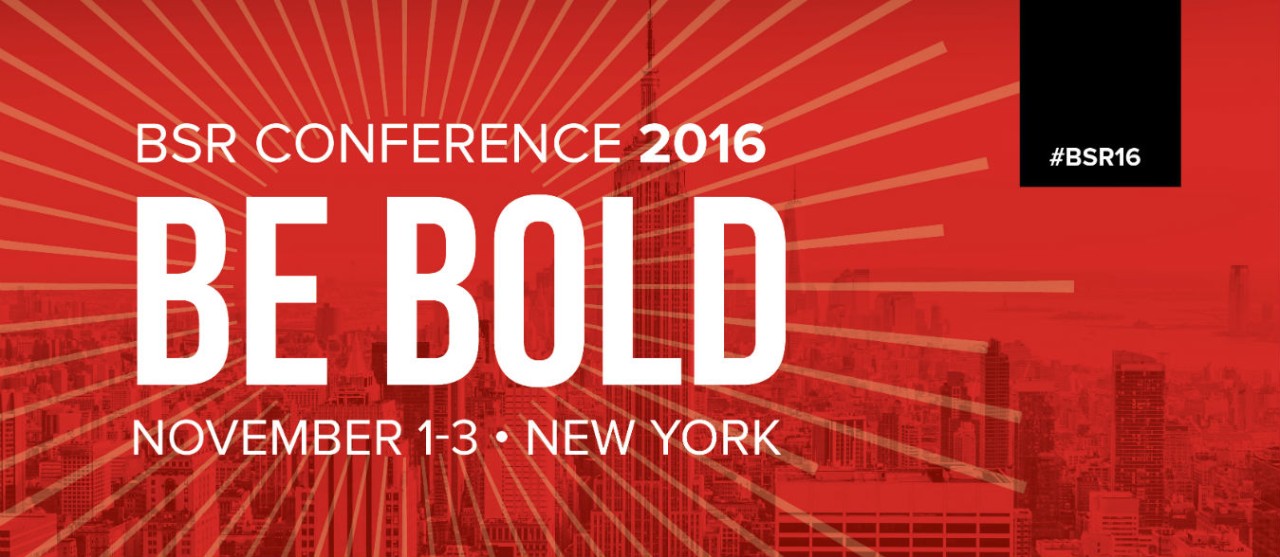
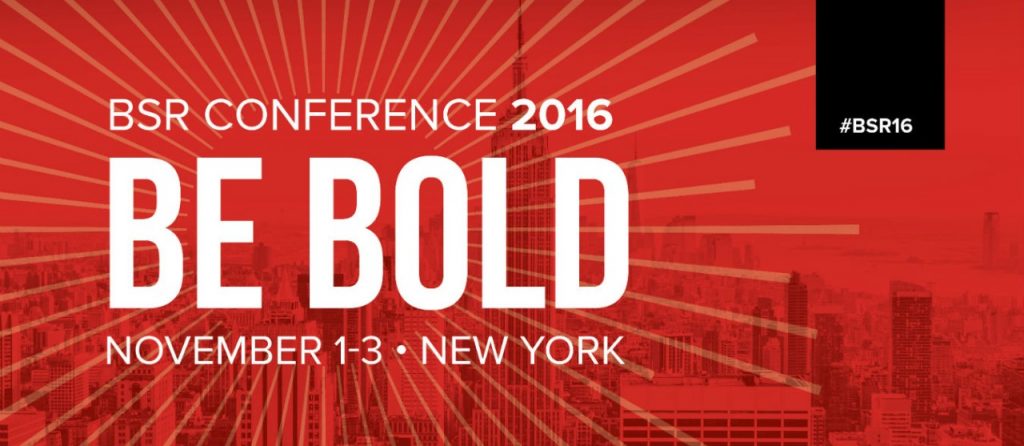

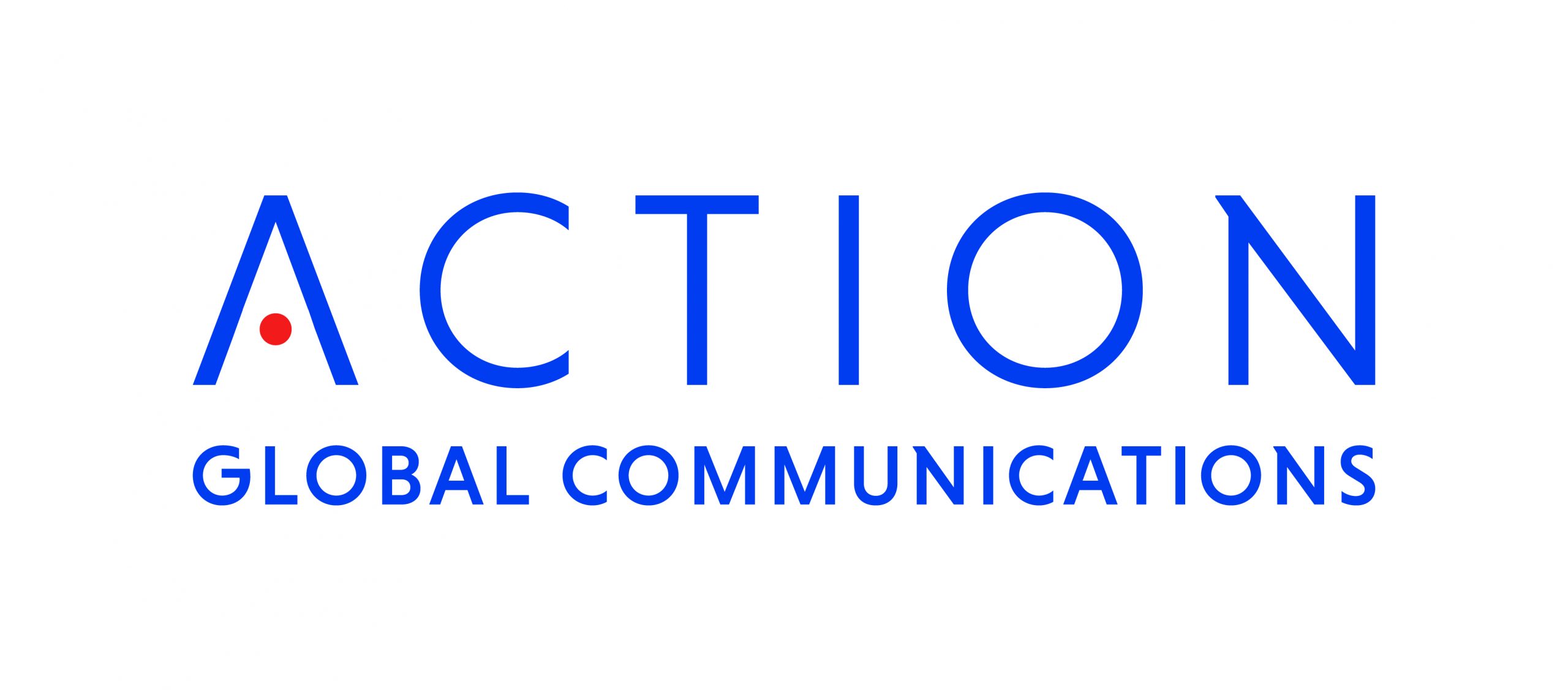













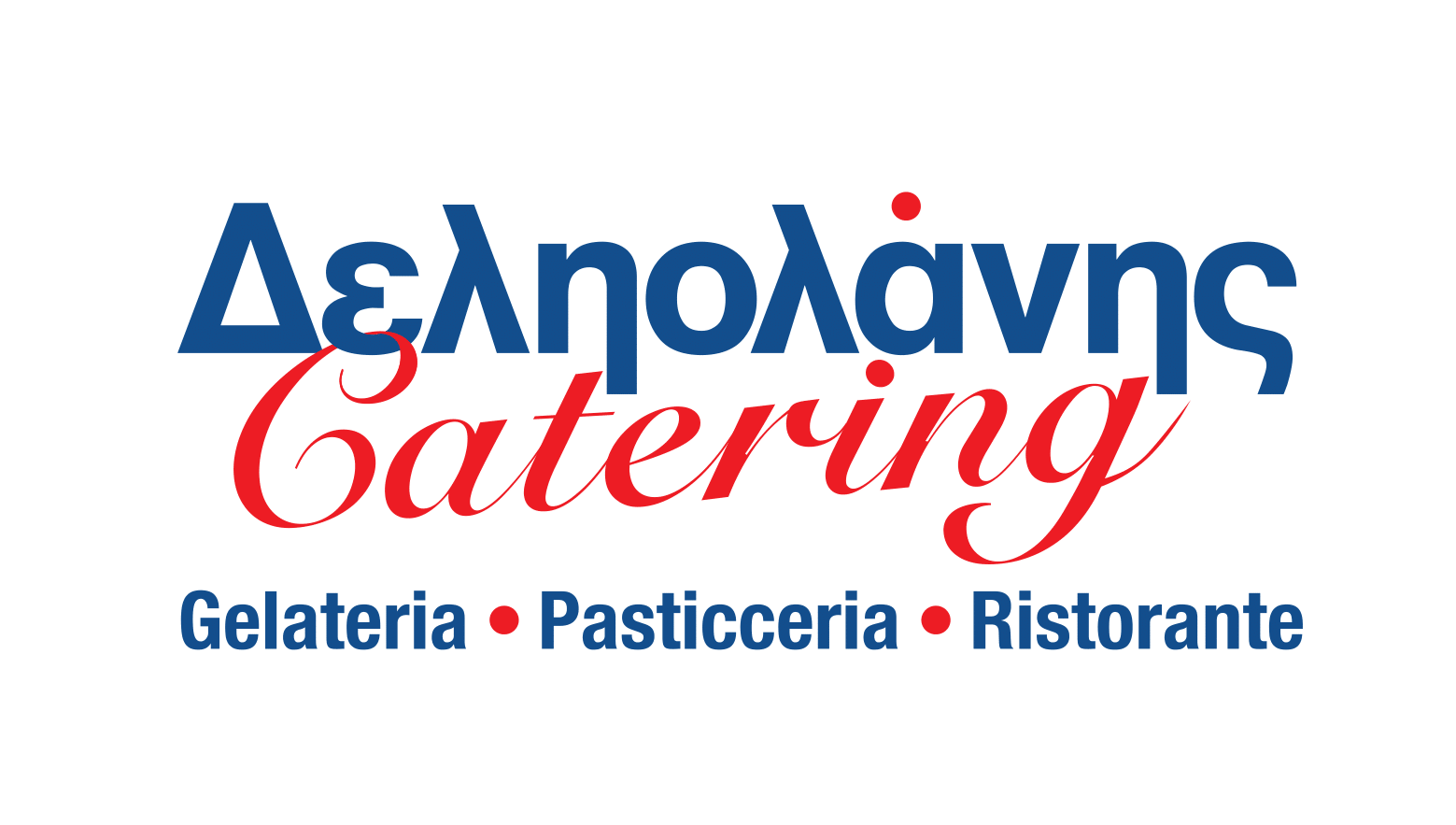




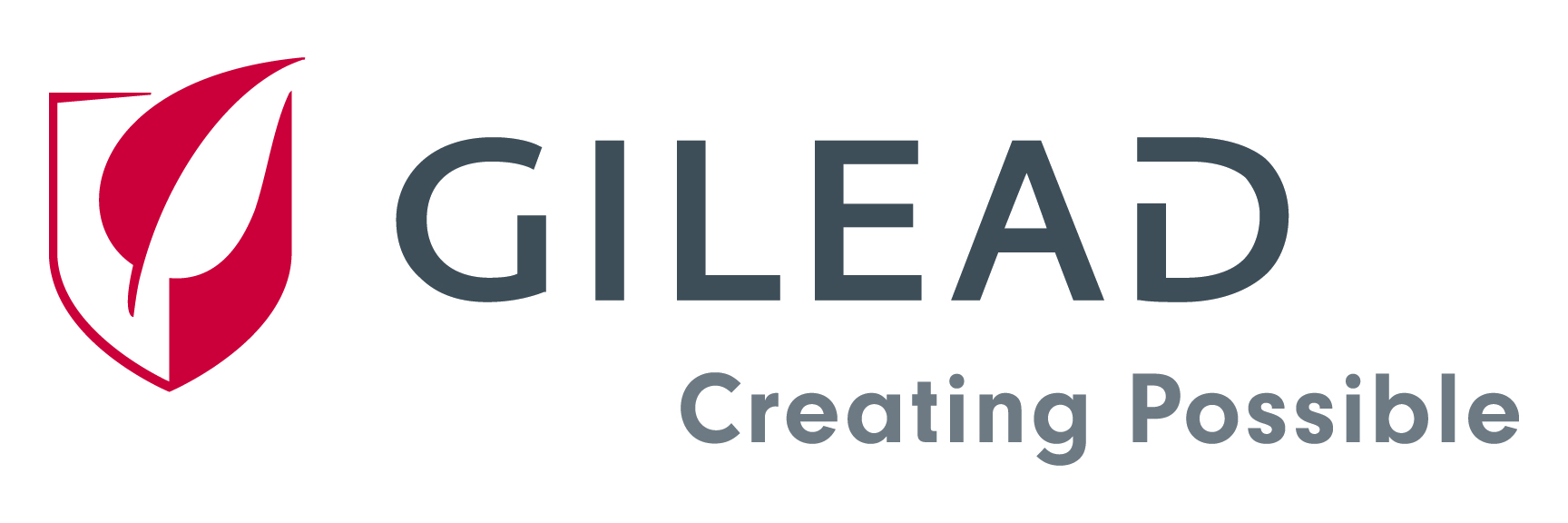



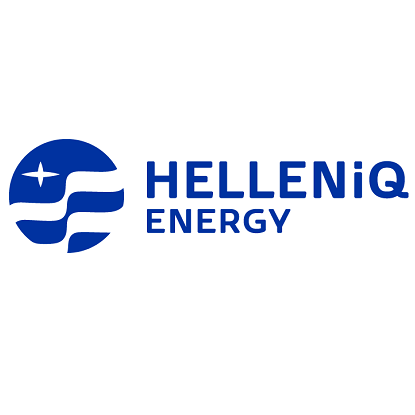

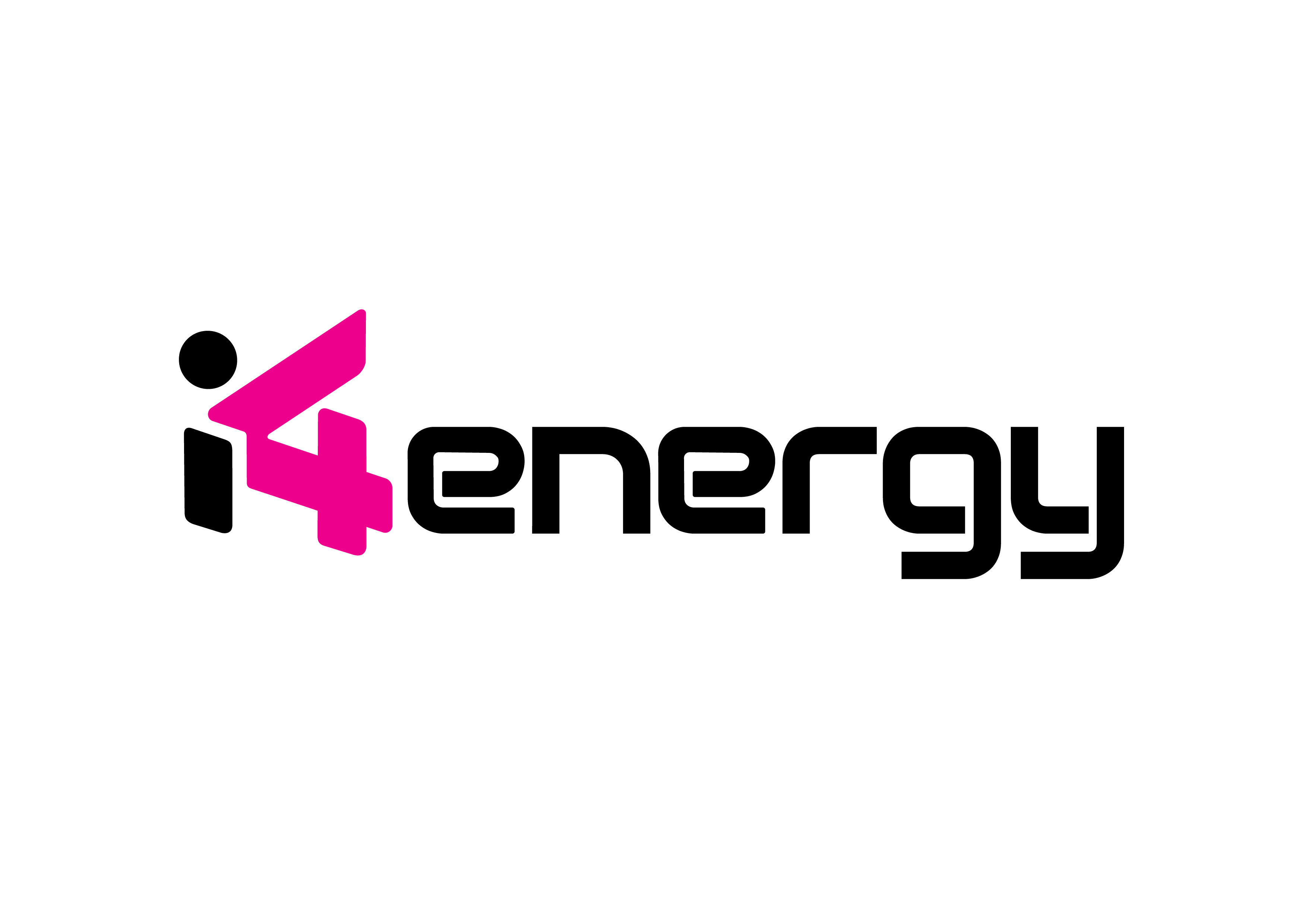

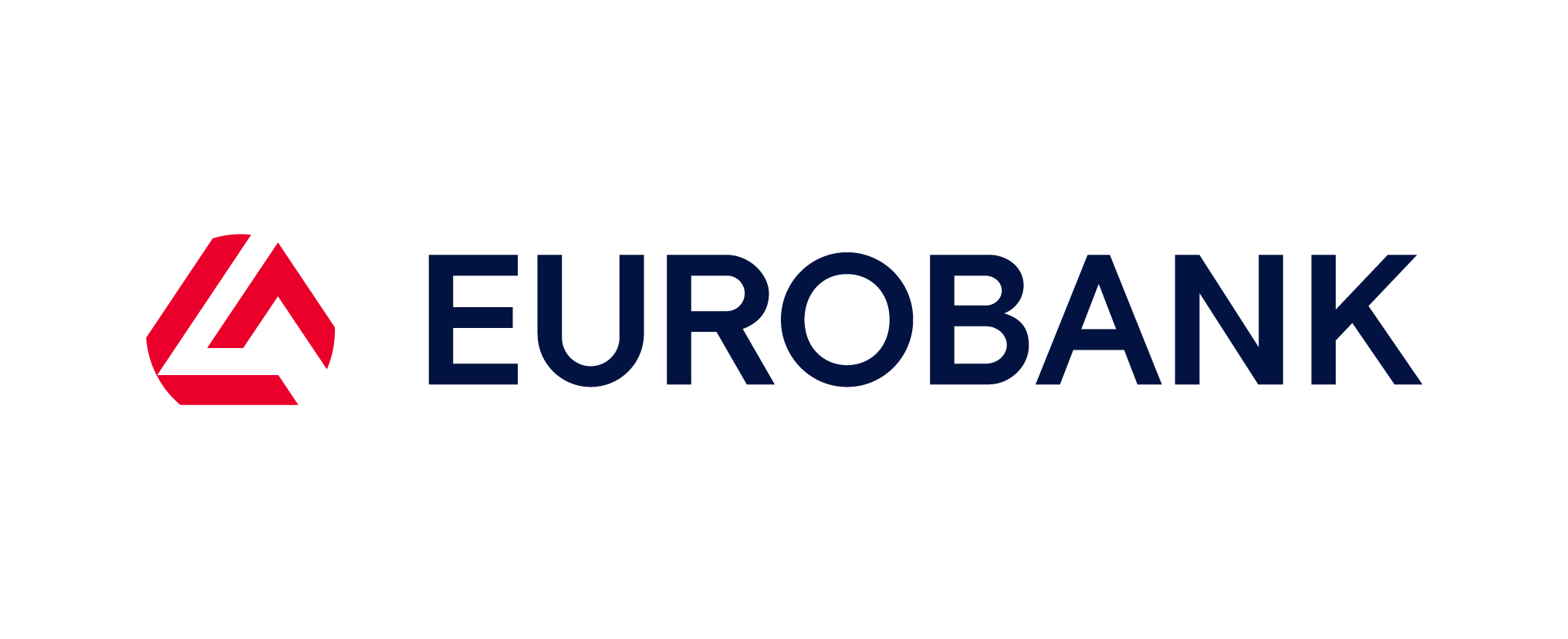

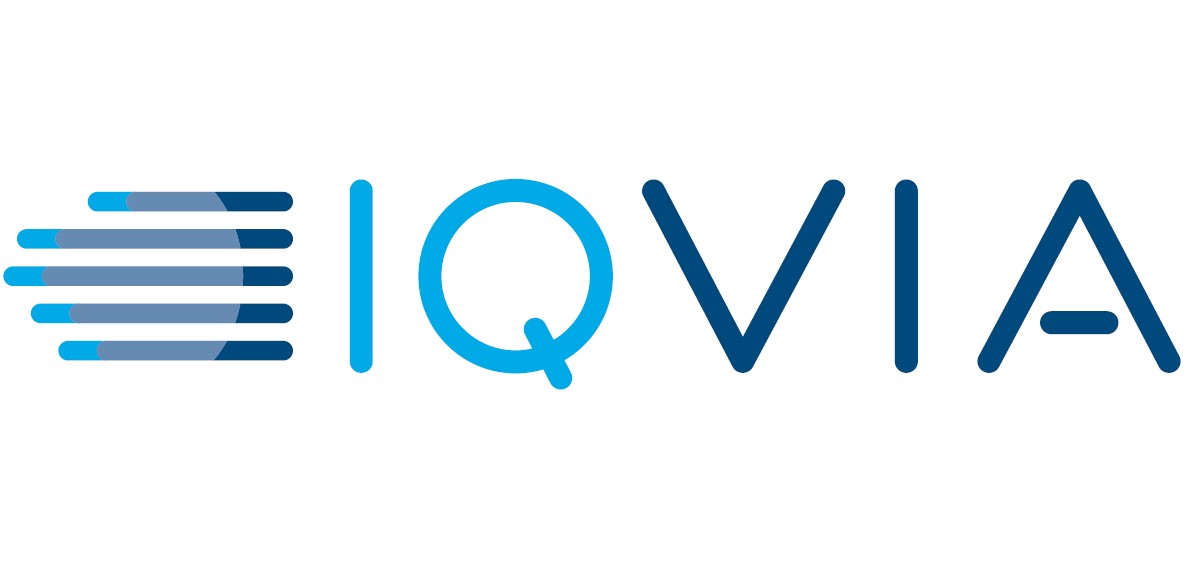



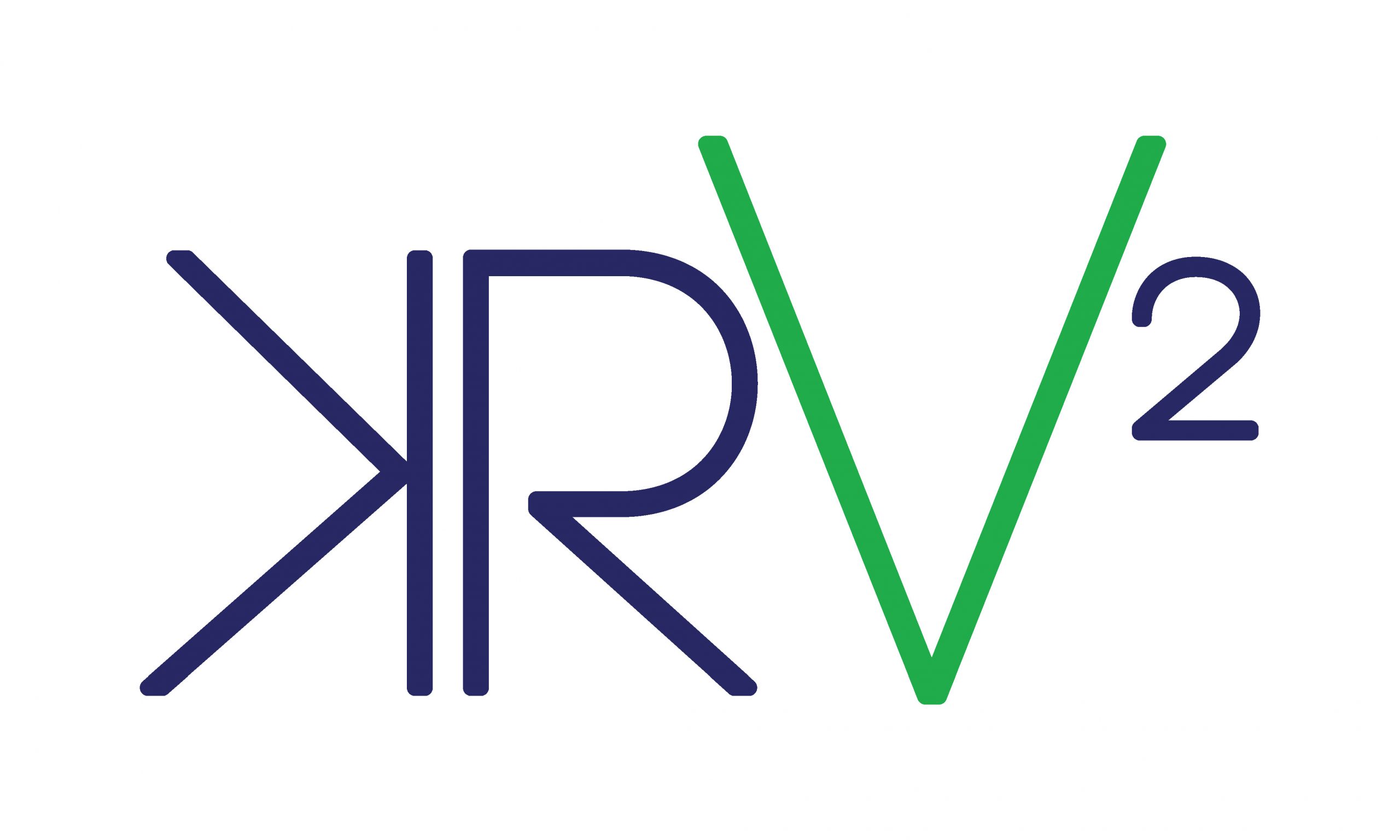
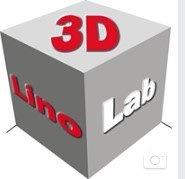
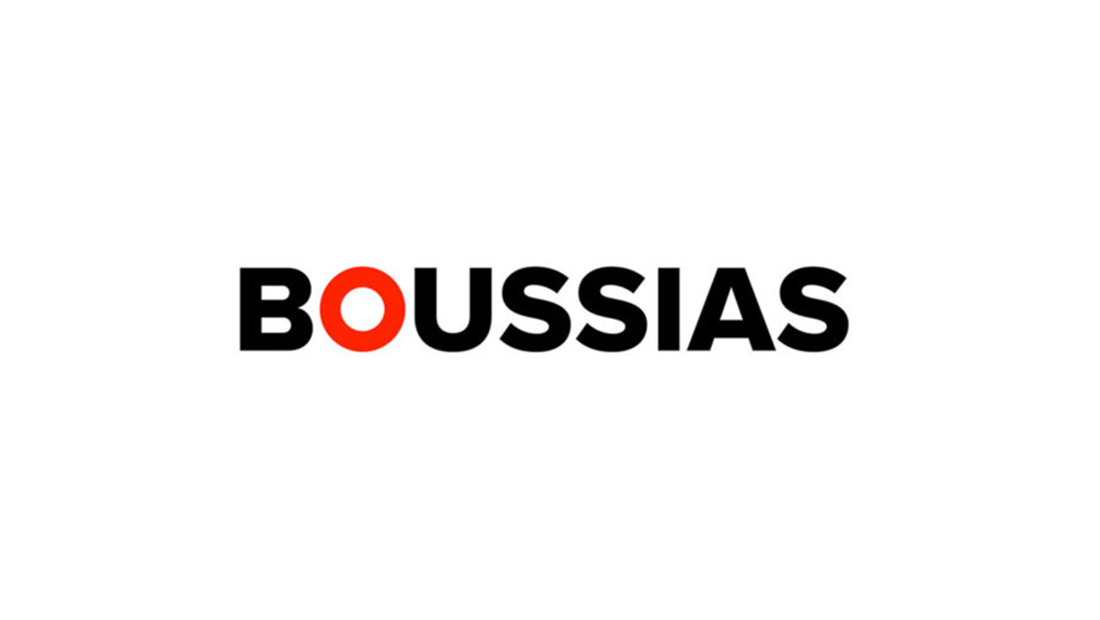
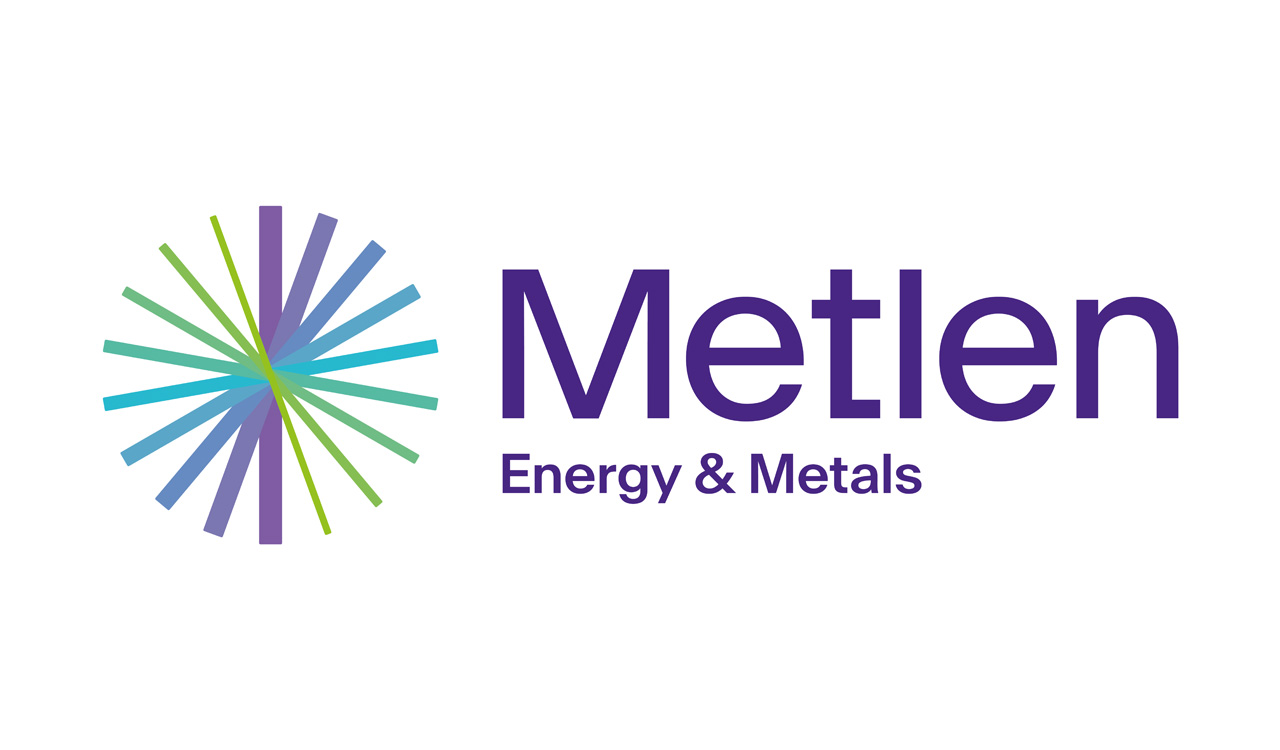


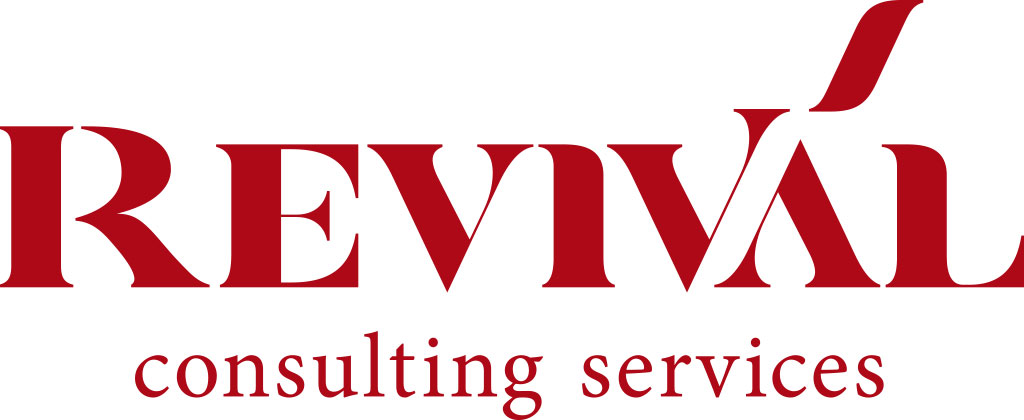
1.jpg)

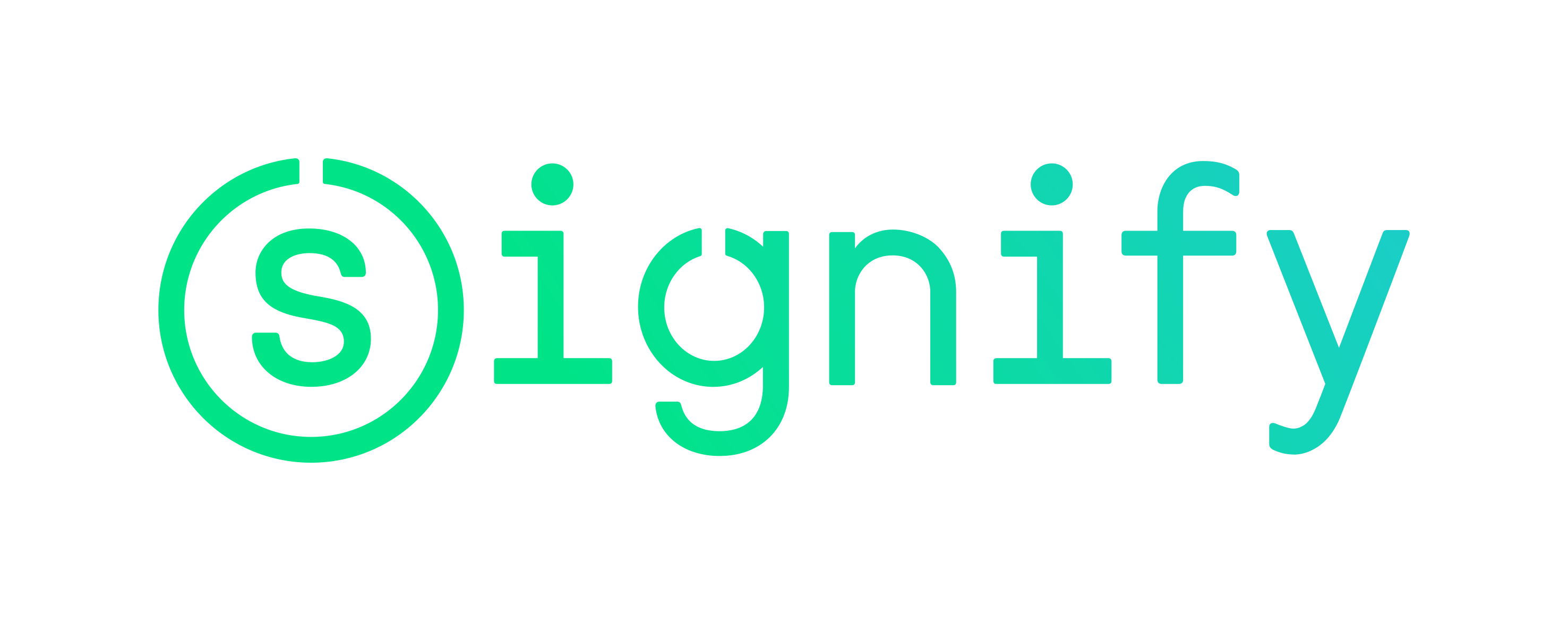



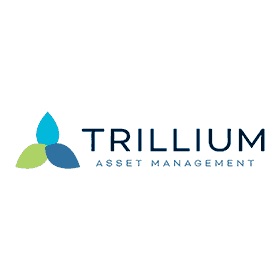
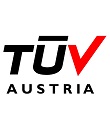
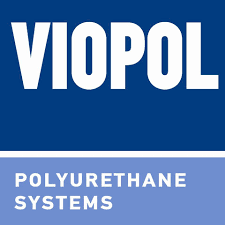

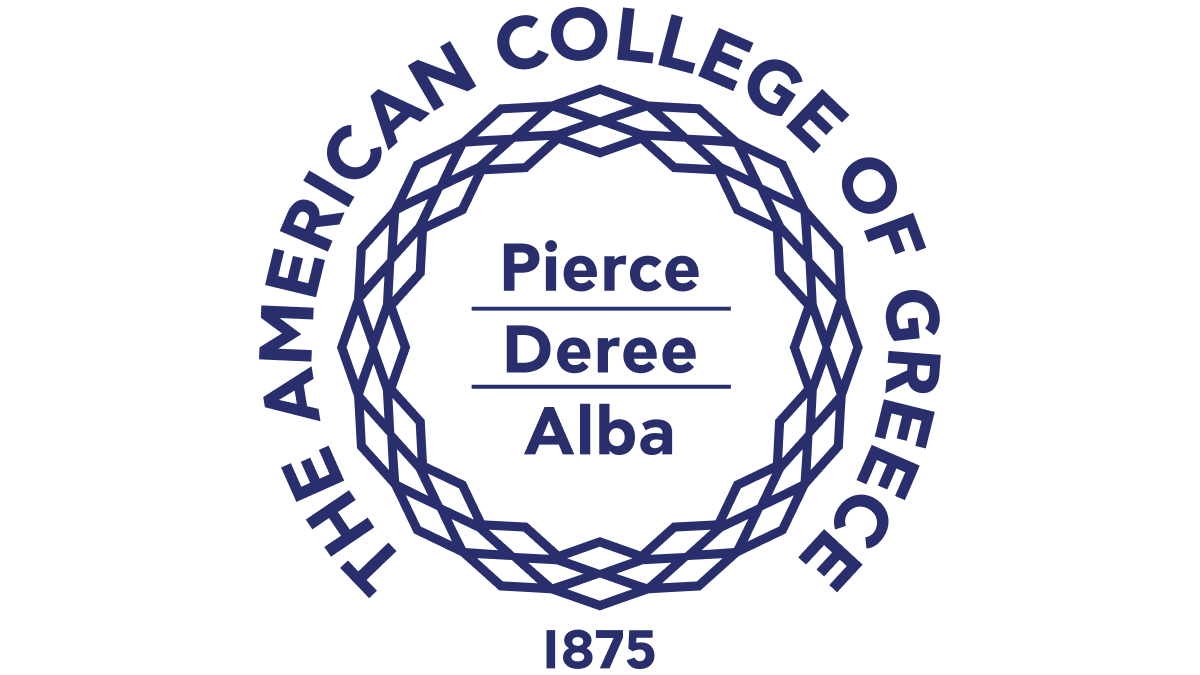




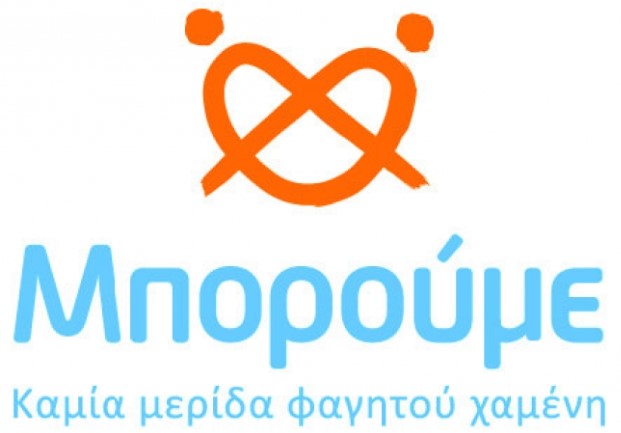
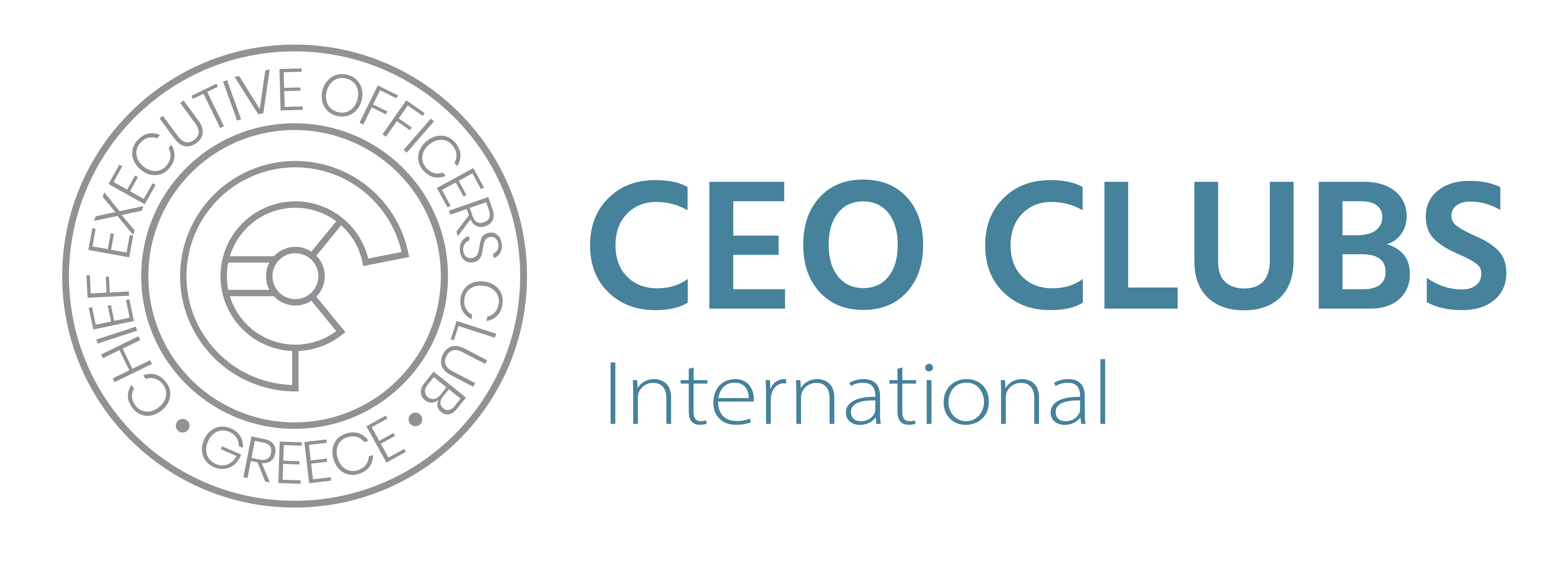



.jpg)
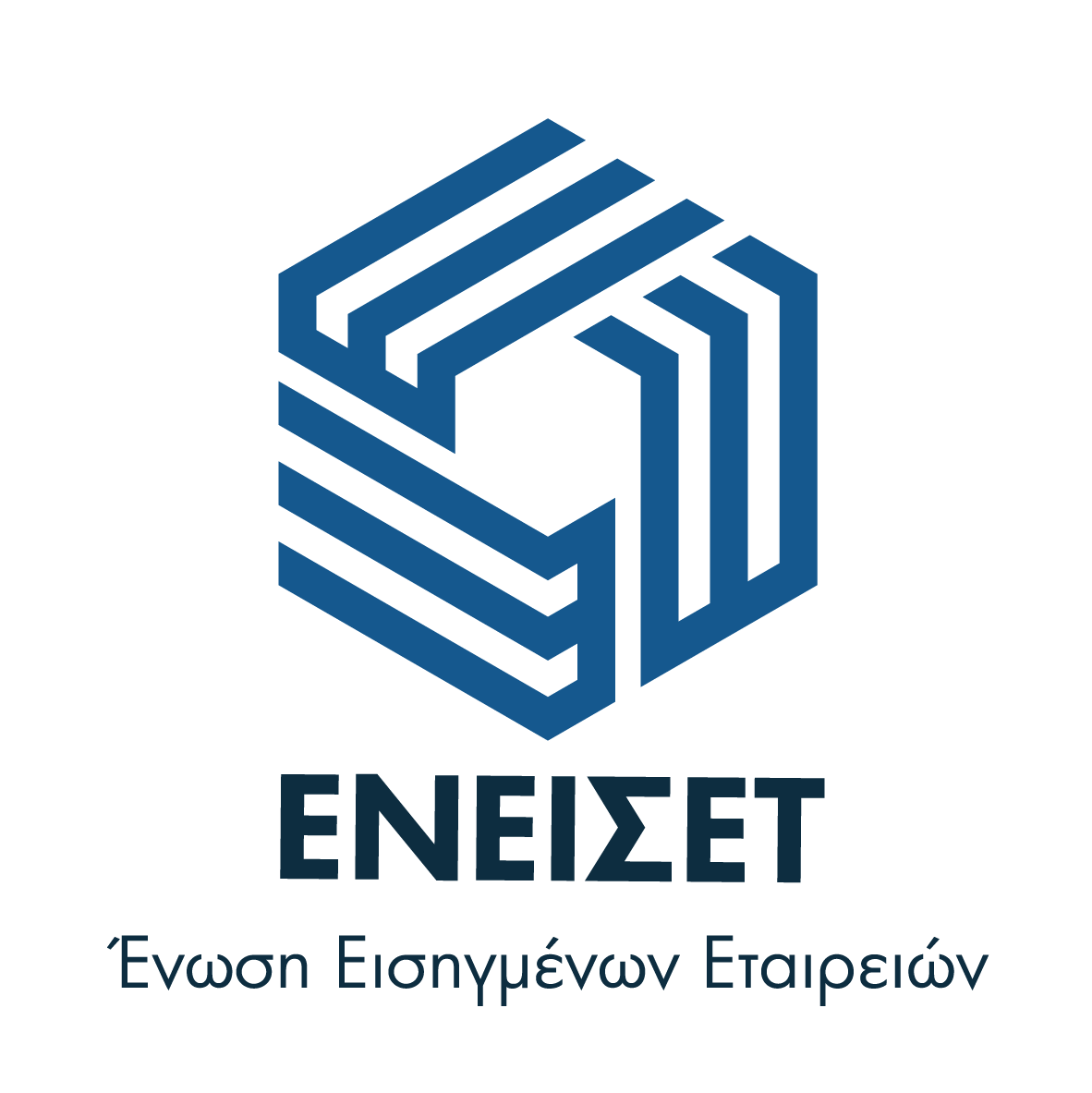



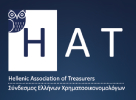
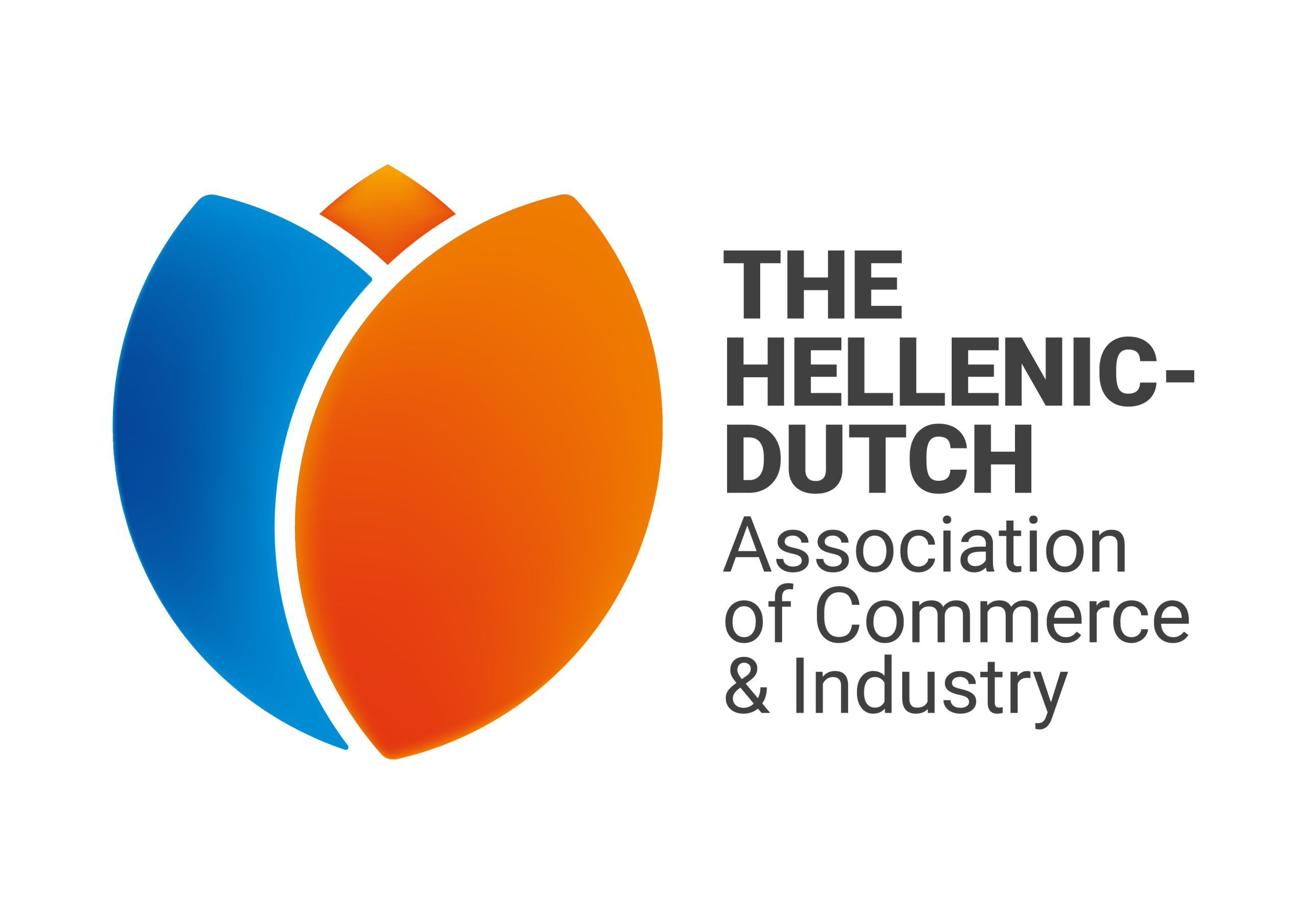
.jpg)



_.jpg)
.jpg)





